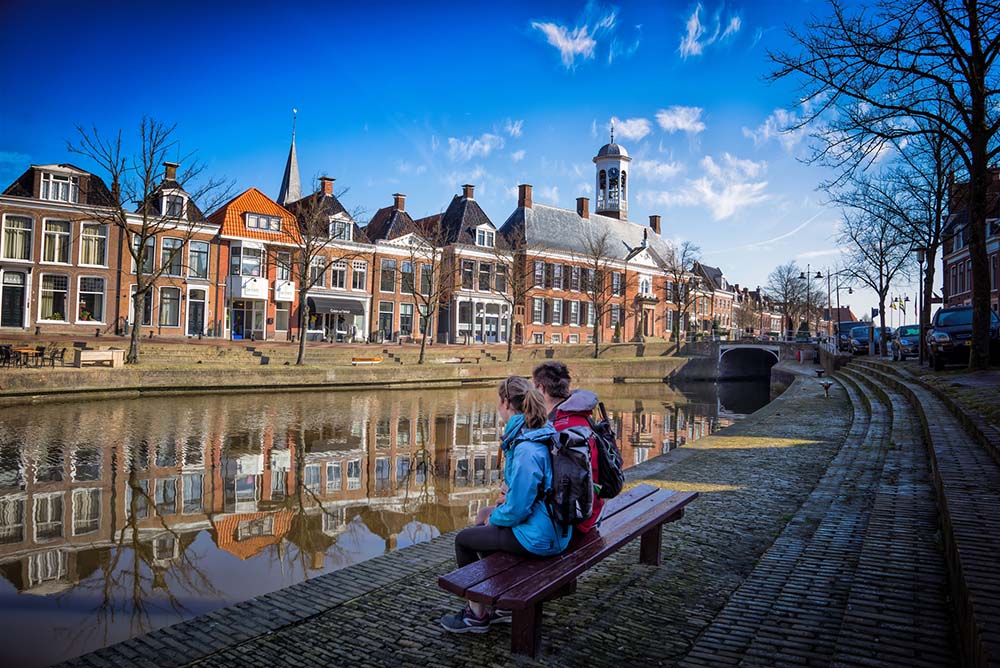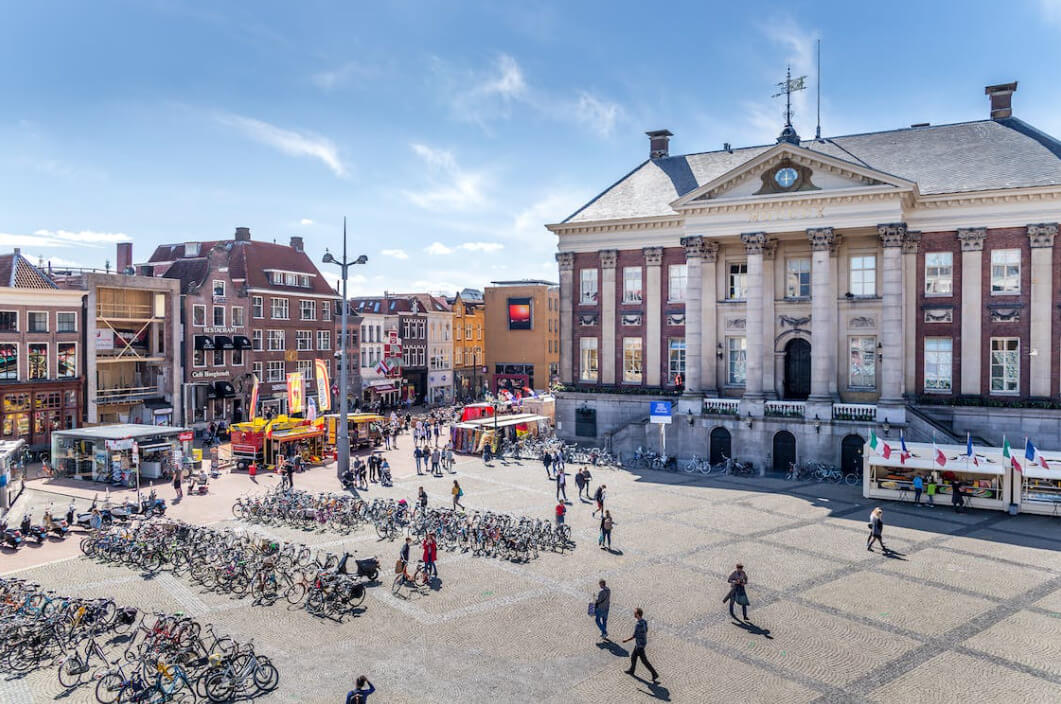PhD Multi-dimensional population projections and management of wild bird populations

The Groningen Institute for Evolutionary Life Sciences (GELIFES - https://www.rug.nl/research/gelifes/) offers a 4-year M20 Program funded PhD position for a project on “Multi-dimensional population projections and management of wild bird populations in times of climate change”, with the Seychelles warbler (Acrocephalus sechellensis) as a model system.
The project is supervised by Prof. Hannah L. Dugdale, Dr Viktor A. Venhorst and Dr Stephen A. Adaawen. The project is in collaboration with Profs Jan Komdeur, Terry Burke and David Richardson, as part of the Seychelles warbler research group.
The candidate will join a lively and highly international team of PhD and Master students working on human demography, and ecology and evolution in wild animals, supported by laboratory and analytical technicians.
Massive human-mediated habitat loss over the last century has elevated vertebrate extinction rates up to 100 times higher than the background level. Species confined to islands that have nowhere else to go in the event of habitat loss are at particular risk of extinction. Demographic analyses of wild vertebrate populations on small islands are now urgently needed to inform direct intervention and management to save many endangered species from extinction. This project will conduct state-of-the-art multidimensional projection modelling to project the impact of climate change and age structure on population size.
The once critically endangered species Seychelles warbler is a small insectivorous passerine bird confined to five small islands in the Seychelles. The project will use the unique long-term Seychelles warbler dataset (spanning 40 years) to conduct detailed multidimensional projection modelling. It will contrast projections for the five islands to inform management decisions. The project will specifically address whether additional translocations are required to establish new populations on other islands, or to mix genetic variation between already established populations, to protect the species from extinction.
The project works with government agencies, NGOs, and private islands owned by local families and businesses to inform and implement conservation action plans.
The candidate will be required to:
- Design, plan and conduct a programme of investigation, in consultation with the three supervisors.
- Produce a PhD thesis, written in English, consisting of four data chapters, an introduction and discussion at the level of international scientific journals.
- Disseminate the research through publication in leading peer-reviewed journals, presentations at international conferences, outreach, social media etc.
- Conduct fieldwork over three field seasons, of up to three months each season.
- Collaborate with other researchers on the long-term project and other relevant groups.
- Work interdisciplinarily with ecologists, conservation biologists and demographers.
- Contribute to teaching 10% of the time, by supervising BSc and MSc students, and assisting on courses.
Organisation
Founded in 1614, the University of Groningen enjoys an international reputation as a dynamic and innovative institution of higher education offering high-quality teaching and research. Flexible study programmes and academic career opportunities in a wide variety of disciplines encourage the 34,000 students and researchers alike to develop their own individual talents. As one of the best research universities in Europe, the University of Groningen has joined forces with other top universities and networks worldwide to become a truly global centre of knowledge.






